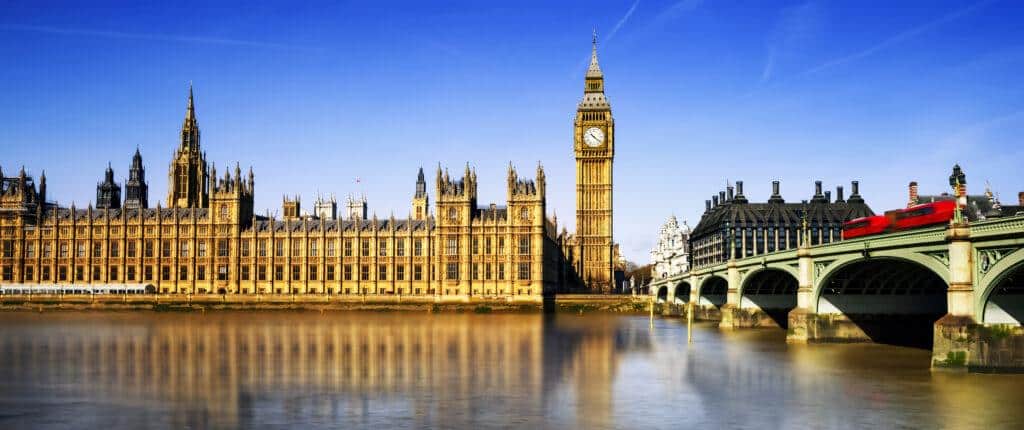The Procurement Bill will transform public sector procurement in England, Wales and Northern Ireland, consolidating the existing sets of laws into a single legal framework. The aim of the reforms is to create a regime that is simpler and more transparent for both contracting authorities and suppliers. An overview of the transformation programme can be found in our breakdown article.
How will the Procurement Bill impact contracting authorities?
The key changes for contracting authorities are:
- A simpler approach to procurement
- More flexibility in the tendering process
- Access to a central digital platform
- More thorough reporting requirements
Undertaking a procurement
The Bill will simplify the procurement process for buyers by reducing the number of procedure choices from five to two. This means that contracting authorities will choose either a single stage tendering process without restrictions on who can submit bids or a competitive procedure that they deem appropriate, which may involve limiting participation.
The changes include the introduction of a ‘Competitive Flexible’ procedure, which aims to grant increased autonomy to contracting authorities through the ability to design a competition to suit their individual needs.
The Bill also acknowledges the limited circumstances in which it may be necessary to award a contract without competition, with new rules governing emergency procurement.
Central digital platform
A key element of the transformation programme is the introduction of a central digital platform which, over time, will enable the analysis of commercial procurement data. As a result, contracting authorities will have access to a number of online registers that will provide a clear picture of various elements of public procurement.
A register of commercial tools will allow contracting authorities to view which frameworks and dynamic markets they can use to conduct their procurements, as well as which contracts have been won through different commercial tools.
A debarment list will provide a single place to view suppliers which either must or may be excluded from procurements, alongside a performance register with information on the performance of suppliers through various contracts, enabling buyers to more easily reject bids from those with a history of unacceptable misconduct or underperformance.
Transparency Notices
A significant change for contracting authorities will be the increased reporting requirements, with a series of new notices covering the full procurement cycle.
The current system only requires transparency at the tender and award stages, whereas the new system proposes five key stages to be reported upon: planning, tender, award, contract and implementation.
Within each stage, the Bill introduces the following new notice types:
- Planning: Pipeline notices (information on potential future procurements)
- Planning: Planned procurement notices (information on procurements commencing soon)
- Planning: Pre-market engagement notices (information on pre-market engagement events)
- Tender: Tender/Mandatory transparency/Dynamic market/Below-threshold contract notices (detailed information on bidding opportunities)
- Award: Award notices (which companies bid and which has been selected)
- Contract: Contract detail/Below-threshold contract detail notices (detailed information on contract value, duration, etc)
- Implementation: Performance/Payment/Contract change/Contract end (comprehensive information on contract management)
How to prepare for the Procurement Bill
The Bill is currently going through Parliament and is due to be approved in early 2024, with a six-month advance preparation period for training.
The Cabinet Office is offering a comprehensive, centrally funded learning and development package, comprising four elements and underpinned by written online guidance. Each element is targeted at different audiences in order to meet a range of professional requirements:
- Knowledge Drop videos will provide a high-level overview on the changes for general audiences and will be available free on demand.
- e-Learning and Written Guidance will provide a 10-hour programme of self-guided learning for skilled commercial practitioners.
- Advanced Course of Deep Dives will provide a three-day interactive course for those at an expert practitioner level.
- Communities of Practice events will be aimed at commercial/procurement professionals across the public sector and will be conducted through online materials and meet-ups both virtually and face-to-face.
The training package will be accessible to anyone who needs it and is recommended for all relevant commercial/procurement staff. It is expected to be made available once the law is clear, with the Advanced Course to be rolled out over a 12-month period.
In the meantime, the Transforming Public Procurement Checklist explains what contracting authorities can do to prepare for the forthcoming changes.




